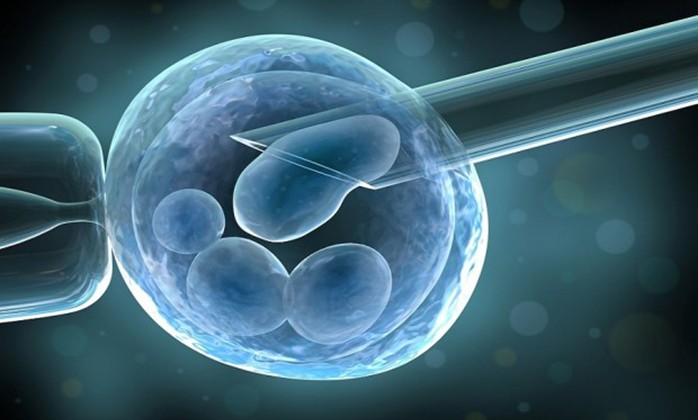-
Tips for becoming a good boxer - November 6, 2020
-
7 expert tips for making your hens night a memorable one - November 6, 2020
-
5 reasons to host your Christmas party on a cruise boat - November 6, 2020
-
What to do when you’re charged with a crime - November 6, 2020
-
Should you get one or multiple dogs? Here’s all you need to know - November 3, 2020
-
A Guide: How to Build Your Very Own Magic Mirror - February 14, 2019
-
Our Top Inspirational Baseball Stars - November 24, 2018
-
Five Tech Tools That Will Help You Turn Your Blog into a Business - November 24, 2018
-
How to Indulge on Vacation without Expanding Your Waist - November 9, 2018
-
5 Strategies for Businesses to Appeal to Today’s Increasingly Mobile-Crazed Customers - November 9, 2018
British scientists seek to modify genes of human embryos
As a technology, gene editing has been around for quite some time. CRISPR-Cas9 enables scientists to make very precise changes in DNA much more easily than before.
Advertisement
Debate about this intensified in April, when Chinese scientists reported they had used the technique to edit the DNA in human embryos for the first time. Some have criticized embryo modification, citing concerns that it could eventually lead to “designer babies” – children who were modified to have certain traits, hair and eye color, and more.
So deep are these concerns that the USA government has completely banned government-funded research in America.
The situation in Britain is a bit different. These altered embryos, assuming permission is given, will not be authorized for implantation. However, only a fraction of the embryos contained the replacement DNA – suggesting that the technique is still too immature for clinical use. In the USA , a panel of experts is now investigating the procedure, and a decision about its use in the country is expected shortly.
“Modifying the genes of human embryos is deeply controversial because it can be used for worthwhile research on the one hand, or to produce genetically modified human beings on the other”. We also propose to use new methods based on CRIPSR/Cas9, which allows very specific alterations to be made to the genome.
“Importantly, in line with HFEA regulations, any donated embryos would be used for research purposes only”, she said. These embryos would be donated by informed consent and surplus to IVF treatment. But they say this is not a reason to block research.
“It is our position that conducting this type of research on human embryos is highly premature”, Michael Werner, the executive director of the Alliance for Regenerative Medicine, said in a statement. And as the experiment performed in China earlier this year demonstrated, we’re still a long ways off from having the scientific know-how to do this safely and effectively. “We are concerned that a public outcry about such an ethical breach could hinder a promising area of therapeutic development, namely making genetic changes that cannot be inherited”.
IVF is a longstanding practice to allow couples in need to conceive, however success rates are still low. By doing this, they hope to be able to find out what goes wrong in women who suffer repeated miscarriages, which may be the result of irregularities in the way the placenta forms during the crucial early stages if embryonic development.
Under United Kingdom law it is illegal to use gene editing of embryos in IVF treatment, but it is permissible for research purposes, under a licence.
Advertisement
A week later, a network of stem cell researchers, bioethicists and policy experts, called the Hinxton group, said that after meetings in Manchester, UK, they had concluded that research involving genome-editing in human embryos was “essential to gain basic understanding of the biology of early human embryos and germ cells and should be permitted”.





























